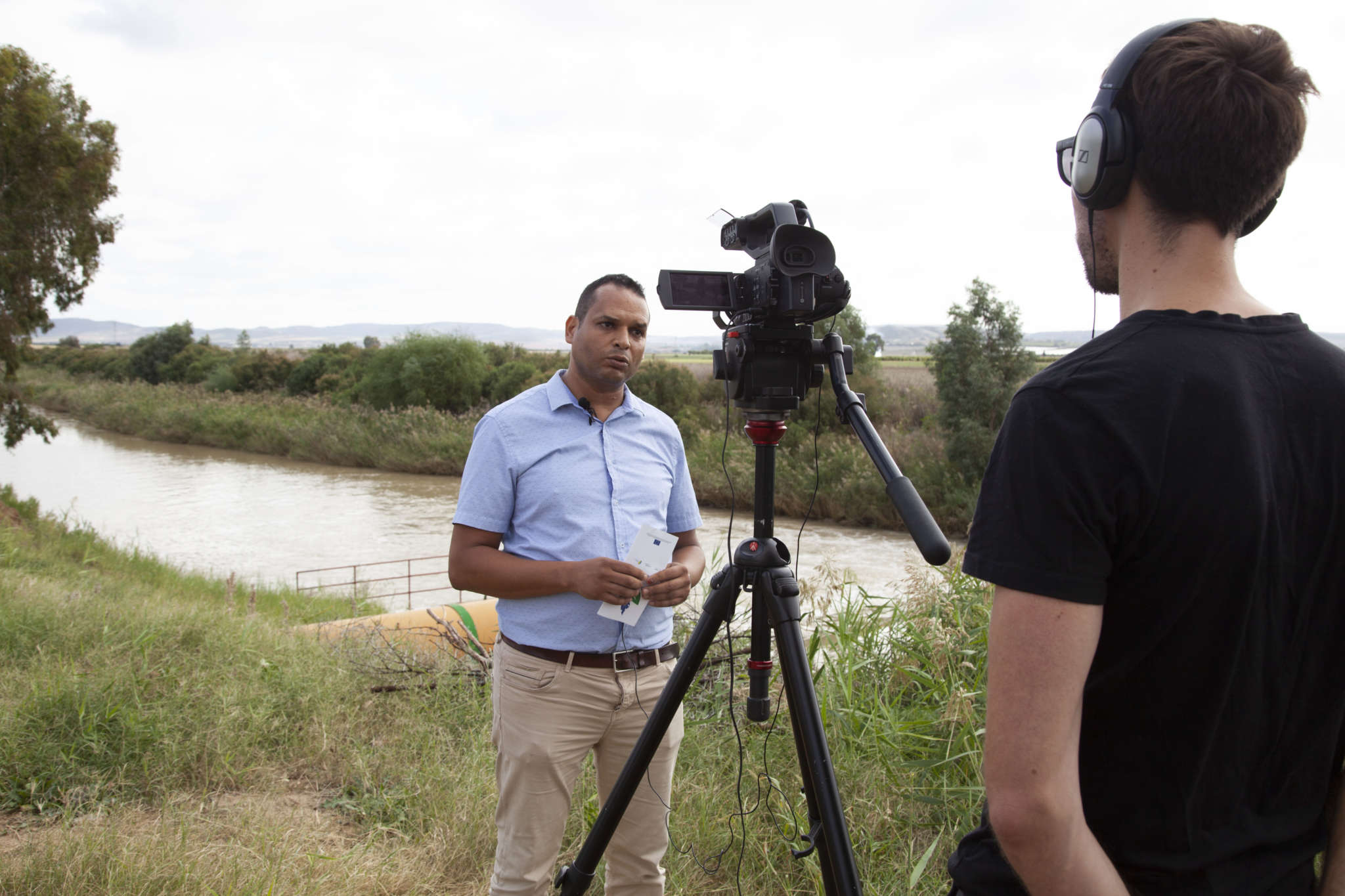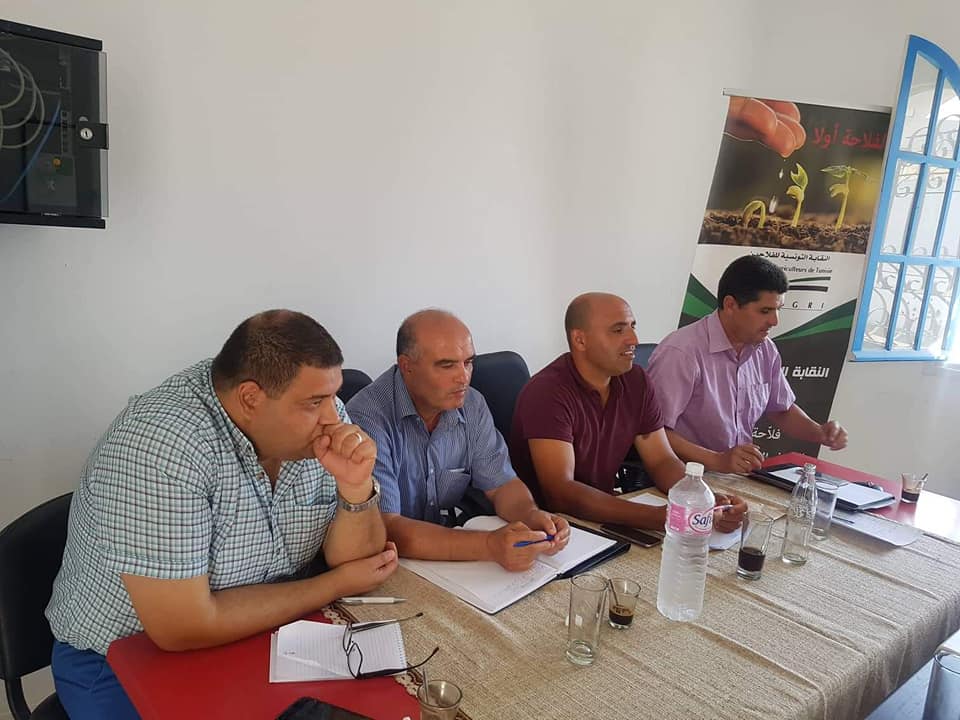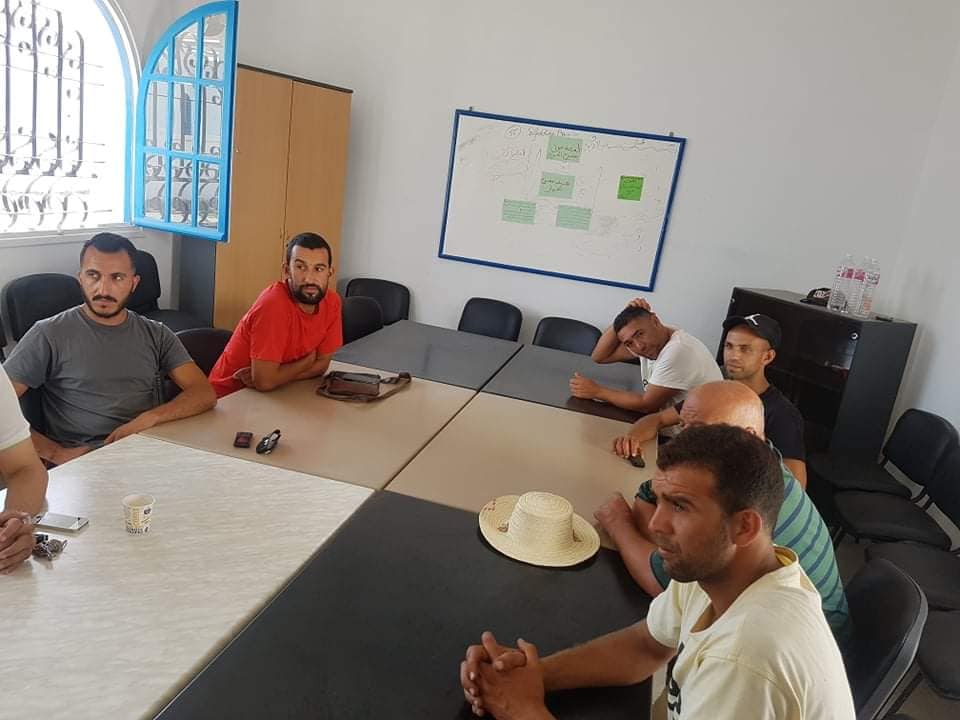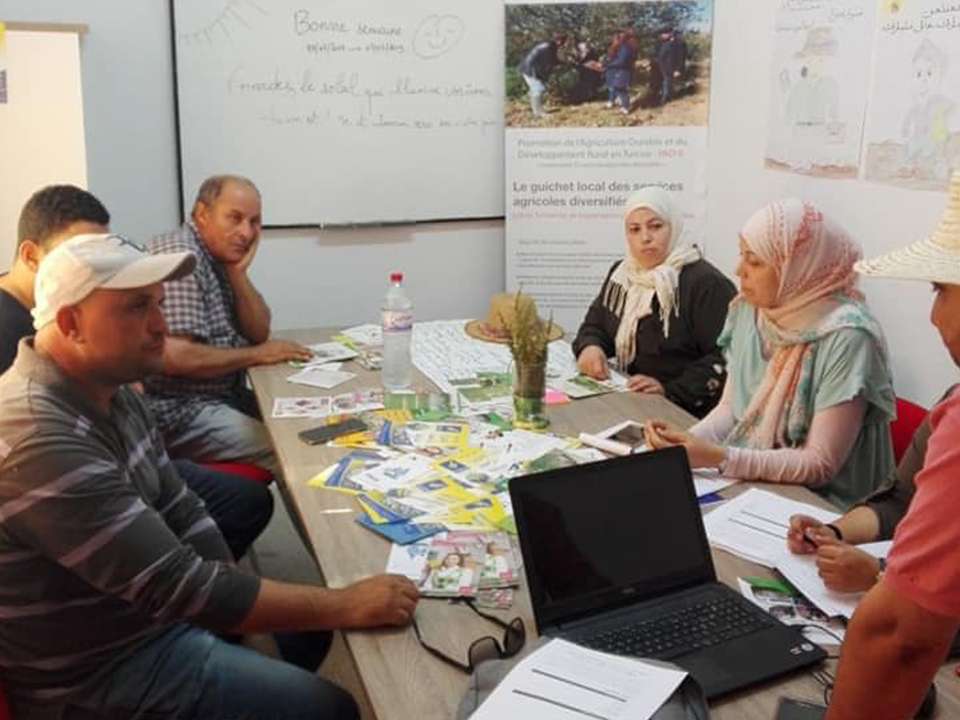Field visits
The Tunisian team has dedicated strong efforts to explore the NW Tunisian region, aiming at establishing first contacts and gathering relevant information on the agriculture sector and interesting projects.
Since the beginning of the project, INRGREF and AVFA partners organised several visits to the Living Lab area in order to get familiar with the environment. In fact, characterizing the agricultural context, identifying key stakeholders and meeting with representatives of framers, officials and others was crucial. Moreover, these trips help to know more about the main challenges that farmers are facing as well as the administration and the civil society with respect to increased vulnerabilities to climate change impacts.
ACTIVITIES
July 2019 – Survey Analysis
With the aim to gather information on the issue that the Living Lab should address and a diagnosis of the challenges ahead, an interview campaign was developed. Data collection relied on a mixed-method approach, including household surveys, farm visits, semi-structured interviews and an online questionnaire to obtain information on the state of the art of FAS in Tunisia.

Semi-structured questionnaires were used to investigate farmers’ perceived changes in climate variables and to identify current and potential household-level adaptation strategies. Sixty farm households (randomly selected) were interviewed by INGREF and AFVA in July 2019. The selection of farmers was based on the accessibility and knowledge of partners engaged in FAS in Tunisia.

The questionnaire includes 5 parts with specific questions to extension agents: Personal information, current conditions for agricultural advisory system in Tunisia, specific questions for extension agents, perceived impact of climate change on the agricultural sector and the role of the advisory system to adapt to the impacts of climate change. The sample included 22 participants from the areas of Béja, Jendouba, Kef and Tunis.

Surveyed farmers reported they adopt a range of practices in response to perceived climate change. The most common responses included changing crop variety, changing planting dates and changing crops. Other responses included planting trees, decreasing the number of livestock, diversifying, changing, or supplementing livestock fodder, changing fertilizer application, as well as soil and water conservation practices. The range of practices reported can be organized into three categories: agricultural water management, adjustments of farm and crop management, and diversification beyond the farm.



